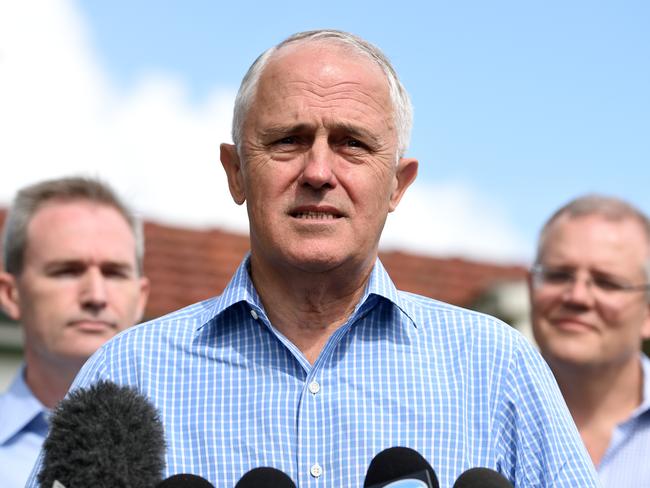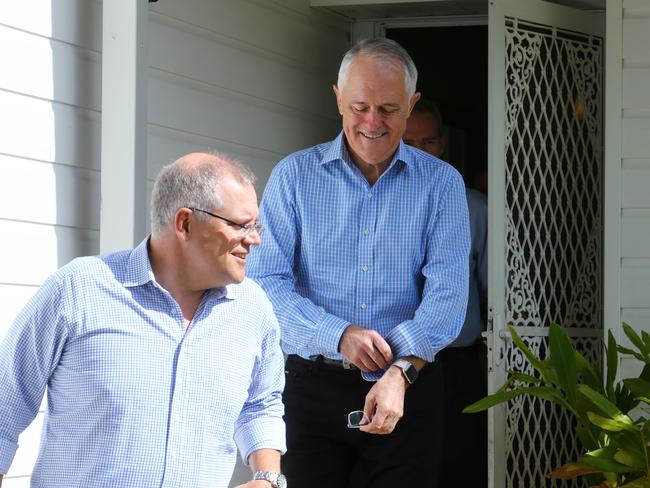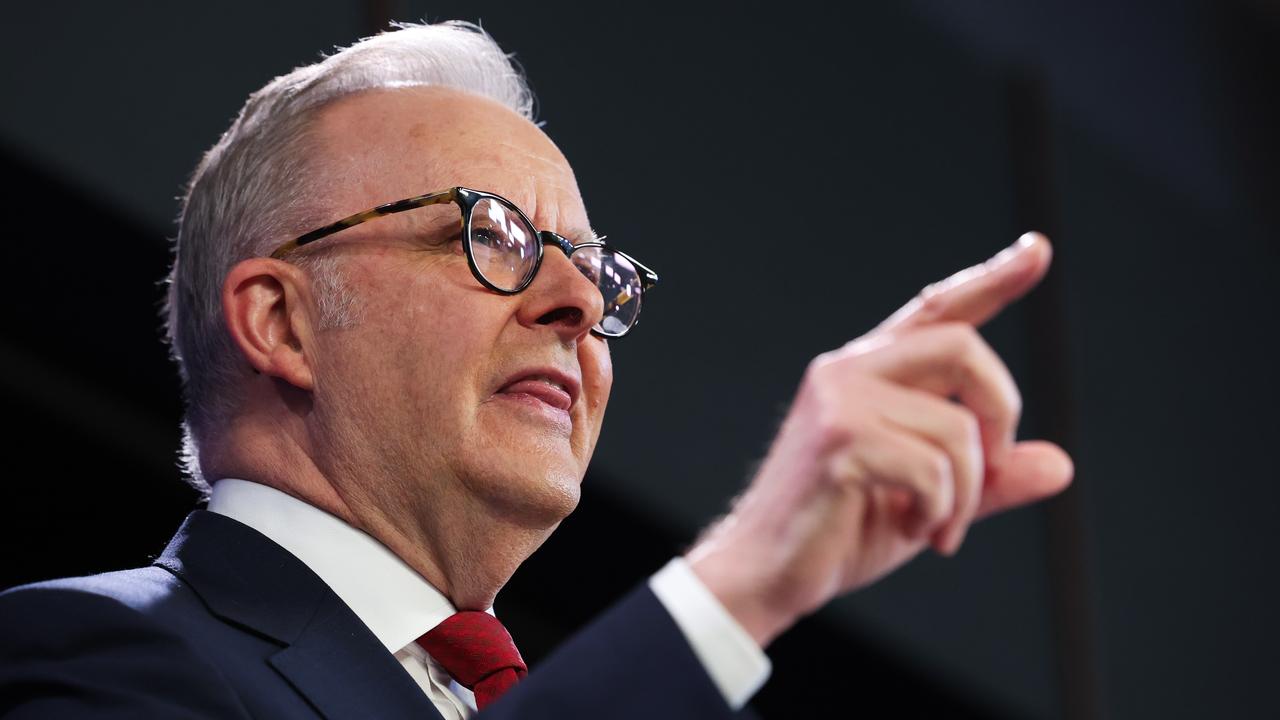Housing affordability becomes election battleground after Prime Minister confirms policy
AFTER years of inaction, it looks like Australia may be facing some big changes. So what should we expect?

HOUSING affordability will become a key election issue after Prime Minister Malcolm Turnbull confirmed there would be no changes to negative gearing or capital gains tax.
After months of speculation, Mr Turnbull and Treasurer Scott Morrison confirmed on Sunday the tax offsets won’t be changed in the May 3 Budget.
It means voters will have a clear choice between the government and Opposition policies.
Labor announced in February it would limit negative gearing and halve the capital gains tax discount.
Some predicted this move would see the government back away from reform in this area, as the chance to attack Labor over higher taxes would be too tempting.
Mr Turnbull was once supportive of negative gearing changes but now believes building new homes is the key to housing affordability.
The Coalition has already started to attack Labor’s policy as targeting “mum and dad investors who are just trying to get ahead”.
Data has shown most people who own rental properties are average income earners. Tax data showed 70 per cent earn less than $80,000, Housing Industry Association chief executive for industry policy Graham Wolfe said.
But Greens leader Richard Di Natale said by refusing to make changes to negative gearing and the CGT discount, the Prime Minister was continuing to offer unfair tax breaks that would mean less money to spend on schools and hospitals.
So what does this all mean for voters?
LABOR’S POLICY
Labor wants to save $32.1 billion over 10 years by changing negative gearing and capital gains tax.
Negative gearing laws would be changed so that they only apply to new homes purchased after July 1, 2017. This means existing owners won’t be impacted.
The capital gains tax discount would be halved from 50 per cent to 25 per cent. This means people will be taxed more on the profit from selling their investment properties.
Prime Minister Malcolm Turnbull said the Opposition’s tax plan would deliver a “reckless trifecta” of lower home values, higher rents and less investment.
But shadow treasurer Chris Bowen challenged Mr Turnbull to show the evidence that house prices would crash under Labor’s policy.
Opinion varies among experts, with estimates suggesting prices for existing homes may fall anywhere between two per cent and six per cent. Grandfathering the negative gearing changes so they don’t apply to existing owners means people may actually hold on to their homes because they will lose this advantage if they sell.
Meanwhile prices for new homes may increase slightly.
COALITION POLICY
When asked how the government would do to improve housing affordability and help first home buyers, the Prime Minister said the key was providing more houses and apartments.
“This is a supply and demand problem. There has not been enough supply,” he said.
Mr Turnbull pointed to the NSW Government’s changes to planning laws and procedures to make it easier to get projects approved.
“We want to see more houses built, more apartments built, we want to see more construction, more construction jobs.”
He also linked the government’s efforts to restore the Australian Building and Construction Commission to improved affordability.
“Lawlessness on building sites has been another very big brake on construction,” he said. “It has added, according to the construction sector, 30 per cent and more to the cost of construction.”

DO WE NEED CHANGES?
A report released last year from the Grattan Institute found negative gearing now costs the federal Budget at least $4 billion a year.
But it suggested getting rid of the capital gains tax discount (not negative gearing) as the best way to reduce housing market distortions and the cost to the Budget.
The wealthy benefit the most from the discount with the top two per cent of income earners claiming half of all capital gains.
Getting rid of the capital gains discount would get up to $5 billion a year in extra revenue while removing the incentive for house price speculation.
But if the government did not want to get rid of the discount, the report said reforming negative gearing would be a good alternative.
However, the report did not support grandfathering any changes (so they don’t apply to existing homeowners like Labor has suggested) as it would only make the system more complex, discourage property sales and entrench the advantage of those wealthy enough to already own an investment property.

Instead the report noted changes should be introduced gradually to reduce the risk of a housing crash. It suggested a transition period over five years where investors could claim 80 cent of losses in the first year, 60 per cent in the second year and so on.
As for encouraging the construction of more new housing, the report found using negative gearing to do this was very inefficient. It said the policy would increase the price of new homes and this could encourage some more building, but it would not address the availability of land and planning restrictions, which were generally bigger obstacles.
But Housing Industry Association chief executive for industry policy Graham Wolfe has argued that negative gearing promoted private investment in the residential rental market, stimulated economic activity and relieved pressure on social housing and the public purse.
“Negative gearing is not the domain of so-called ‘wealthy investors’,” Mr Wolfe said in a statement.
The debate comes as the Victorian Government unveiled a new policy last week to hike stamp duty charges for foreign buyers of residential real estate. The change hopes to raise $500 million over four years.
Treasurer Tim Pallas said this week’s Budget would increase the stamp duty surcharge for foreign buyers from three to seven per cent, and the land tax surcharge for absentee owners from 0.5 to 1.5 per cent.
The treasurer said since the surcharges were first introduced in last year’s budget, there’d been “no adverse affect on demand in the property market”.
But Property Council of Australia state director, Asher Judah, believes the Victorian government had surrendered Melbourne’s competitive investment edge to Sydney.
“Not one other state in this country has these surcharges. It sends a terrible message internationally.”
— With AAP



